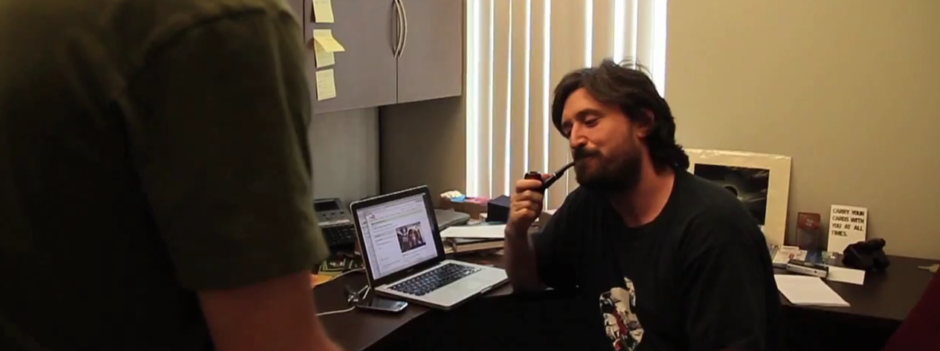The tangled relationship between theory and practice presents us with something of a chicken-and-egg problem. On the one hand, we could say that all action emerges out of theory: we observe the world, generate various hypotheses about how things might work, then take action accordingly. But we could say with equal authority that it is action that comes first, for it is only through observing and interpreting the consequences of our actions – that is, through experimentation – that we ever really learn anything. Without action, there is no meaning, for there is nothing to make meaning with.
It is the position of this course that both these perspectives are true. Theory and practice are two sides of the same coin – or, perhaps more accurately, two steps in the same cycle. Enriching one enriches the other. Indeed, the one simply does not exist without the other. Whether we acknowledge it or not, our art and design practice always both informs and is informed by the contexts within which it occurs. The more we can be aware of where our work comes from, where it is heading, and what it does to the world it inhabits, the better designers and wiser artists we will be.
The primary focii of this course are the historical origins and theoretical contexts of interactive media and games. Our main objective is to deepen and broaden our awareness of the cultural, social, economic, and political implications and possibilities inherent to and latent in contemporary interactive media. Of particular interest are questions related to the functioning of narrative, the affordances of play and procedurality, and conceptions of space, time, and bodies. The first third of the course will entail the development of a common language for discussing these matters, using the concept of the situation, defined here as “an opportunity to act,” as a starting point for addressing interactive media from three perspectives: play, narrative, and space. The final two-thirds of the course will build on this foundation through an exploration via student-led discussions of a set of related themes.
CTCS-505-Rev1-2 (.pdf)
CTCS-505-Modules (.pdf)

This was my favorite class of grad school! You’ll do a great job with it!